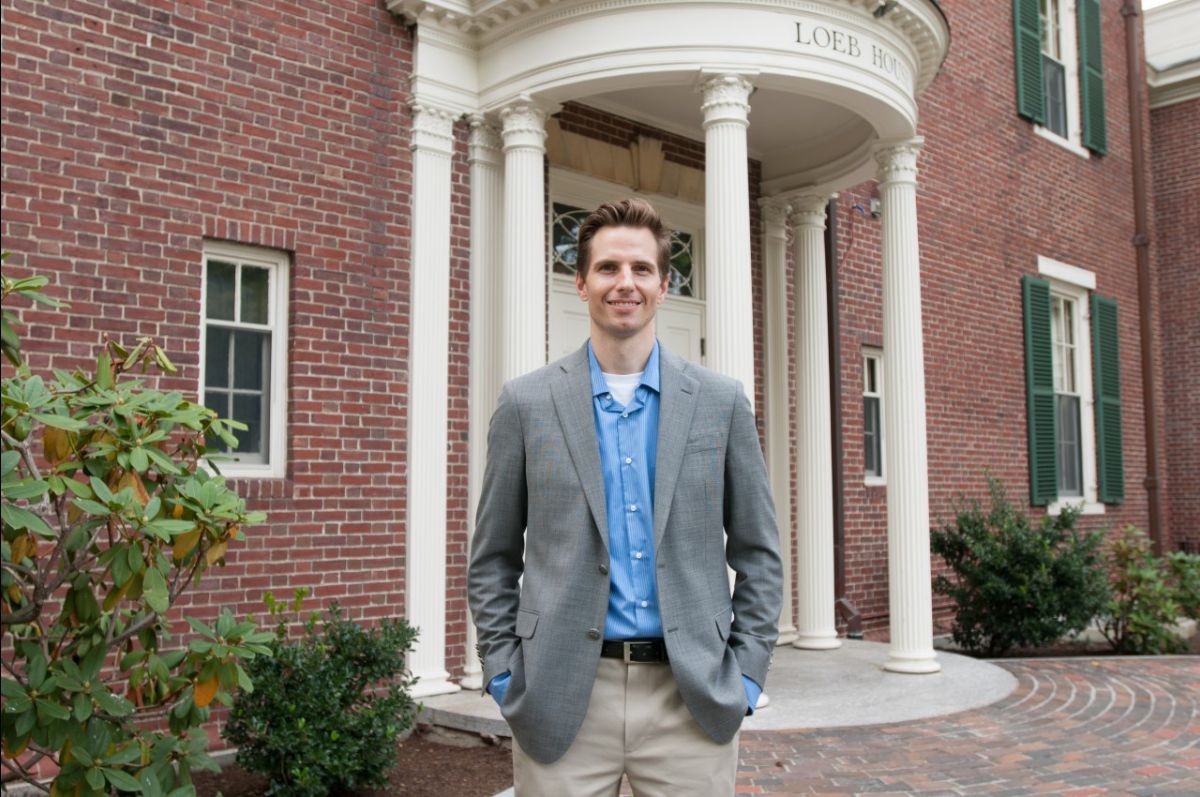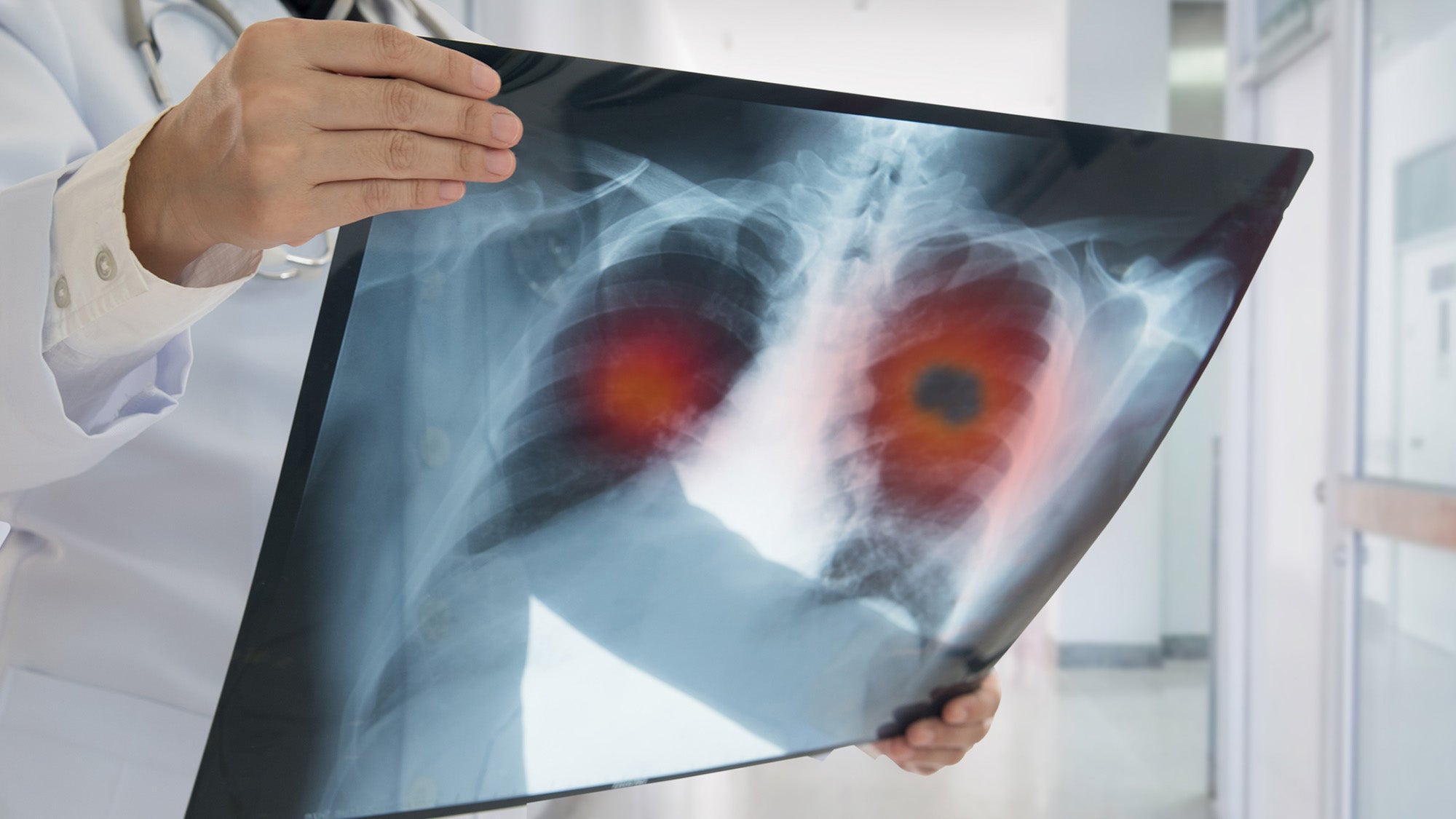Jeff Miller Promoted to Associate Professor

We are extremely pleased to announce that Dr. Jeff Miller has been promoted to Associate Professor of Biostatistics! The goal of Dr. Miller’s research is to develop statistical methods to help understand diseases of aging at the cellular/molecular level. He is interested in using high-throughput genomic data to develop mathematical models of the key biological processes and molecular mechanisms that underlie age-related decline in general, and cancer in particular. In addition to advancing scientific understanding, this work will enable the development of accurate prognostic and diagnostic tools for precision medicine. Dr. Miller’s methodological research focuses on robustness to model misspecification, nonparametric Bayesian models, frequentist analysis of Bayesian methods, and efficient algorithms for inference in complex models. He is currently working on the following applications: models for de-biasing high-throughput sequencing data; inferring cancer tumor phylogenetic trees (clonal evolution); biostatistical analysis of X-linked Dystonia Parkinsonism (XDP); and models for tuberculosis risk assessment. After receiving his BS in Mechanical Engineering at Georgia Tech and an MS in Mechanical Engineering from Stanford University, Dr. Miller joined the United States Air Force and worked as a Project Manager in the Air Force Research Lab’s Robotics Research Group at Tyndall Air Force Base in Florida. After working as a member of technical staff in the Cognitive Robotics Group at Draper Laboratory in Cambridge, MA, he went on to earn an MS in Mathematics and a PhD in Applied Mathematics from Brown University. Dr. Miller completed postdoctoral fellowships at Brown and Duke before joining the faculty at the Harvard Chan School as an Assistant Professor of Biostatistics and becoming an affiliate member of the Broad Institute in 2016.Dr. Miller has been the recipient of several awards during his career. While at Brown, he received the Presidential Award for Excellence in Teaching, in which one graduate student is selected for the award each year, out of approximately 400 with teaching positions, and the Outstanding Dissertation Award in the Physical Sciences. Since arriving at Harvard he has been the recipient of the ISBA New Researchers Travel Award, the Harvard Data Science Institute Competitive Research Fund Award, the Harvard Chan School Dean’s Challenge McLennan Award, and the Prevention and Early Detection for Emerging Researchers (PEER) Award, among others. His paper on “Robust Bayesian inference via coarsening” (Miller and Dunson, 2019) was the recognized publication for the 2021 COPSS George W. Snedecor Award received by David B. Dunson.Please join us in congratulating Dr. Miller!


